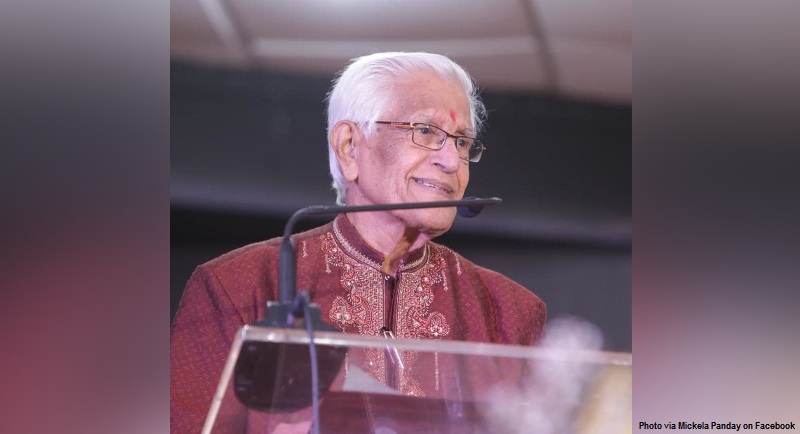From Kavita Chotak
To the editor.
Basdeo Panday was undoubtedly a formidable leader and left an indelible mark on the UNC and Trinidad and Tobago. While Mr. Panday’s legacy remains the foundation of the UNC, the party has seen a significant shift in focus and practice since his departure in 2010. These changes extend beyond miniscule adjustments; it involves representing deeper evolution in the party’s approach to politics and engagement with the people.
One distinct shift lies in the approach that the current leadership takes with prioritising the election of strong representatives across the nation, ensuring closer connectivity with constituents and their needs. While Panday’s leadership might have been perceived as more legislative focussing on Constitutional and institutional reform, the modern day UNC is more committed to the representational aspect of constituency management as they are better poised to serve those who elected them to office. This shift of a concentrated power to a network of services reflects deeper commitment to being in tune with everyday concerns of the people and serves as better representation in Parliament.
Furthermore, the current era of the UNC has ushered in an era of open dialogue and active consultation. Unlike the top-down decision This shift towards inclusivity, active engagement, and ethical leadership represents a conscious effort to adapt to the changing needs of the electorate and build a more responsive and accountable political entity. While respecting and building upon Basdeo Panday’s legacy, Persad-Bissessar has carved a distinct path for the UNC, aiming to empower both the party and the people it serves.making of the past, the UNC now encourages greater engagement with stakeholders and the public. This participatory approach ensures that policies are informed by diverse perspectives and truly addresses the needs of the people as it gives everyone a voice to be heard to then be integrated into party policies. Panday’s era, while effective, arguably lacked this level of open engagement with the wider population and the party suffered from this shortcoming.
This spirit of collaboration extends within the party itself. Under the dutiful leadership of Mrs. Kamla Persad Bissessar SC MP, the executive and parliamentary arms of the UNC, enjoy greater autonomy, fostering a more democratic environment where diverse voices can contribute. To governance and policy creation.
The current leader of the UNC has made ethics and transparency the crux of its identity. Recognizing the public’s disillusionment with “traditional political morality”, the party prioritises accountability, good governance, and ethical leadership. Where Basdeo Panday treated politics as having morality of its own, the tides have changed to now infuse steadfast morality in order to better guide and steer UNC into a brighter future.
The UNC under Mrs. Kamla Persad-Bissessar is not merely a continuation of Basdeo Panday’s legacy, but a conscious evolution. In essence this shift towards inclusivity, active engagement, and ethical leadership represents a conscious effort to adapt to the changing needs of the society and build a more responsive and accountable political party. While respecting and building upon Basdeo Panday’s backbone of UNC, Mrs. Persad-Bissessar has carved a distinct path to empower both the party and the people it serves.
Sincerely,
Kavita Chotak
Jan 10, 2024
